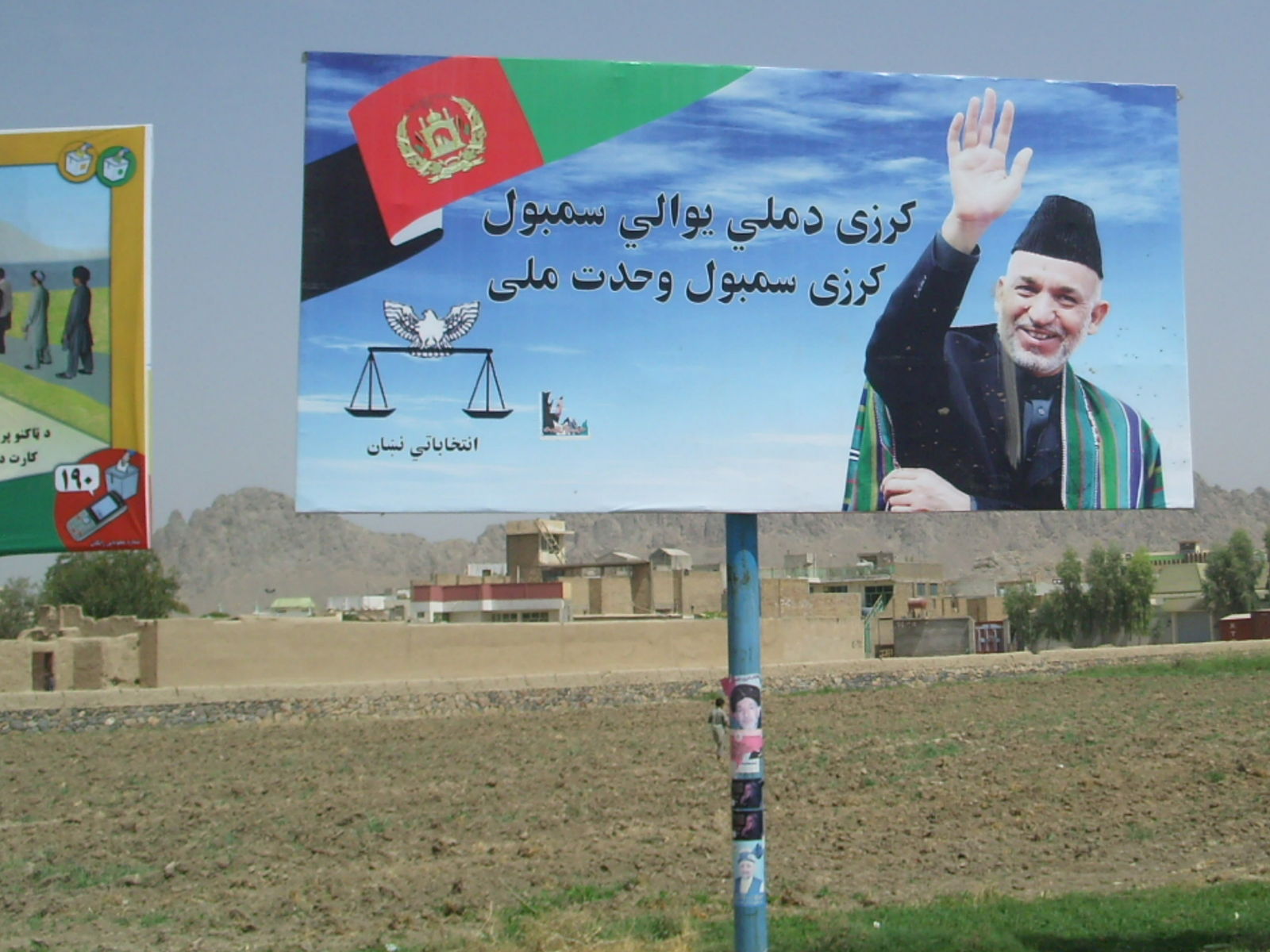Afghanistan’s Terrible Trajectory
 Much discussion has surrounded the (anticipated) full withdrawal of American troops from Afghanistan by end of this year. As a staunch critic of the war’s operations and foreign policy objectives, I was beyond happy upon news of what would be the end of this long-fought conflict. Yet, despite my initial excitement, far-ranging issues—such as the still looming and persistent threat from Al-Qaeda, the Af-Pak debacle, and the dubious nature of the war itself—caused me to temper my initial enthusiasm.
Much discussion has surrounded the (anticipated) full withdrawal of American troops from Afghanistan by end of this year. As a staunch critic of the war’s operations and foreign policy objectives, I was beyond happy upon news of what would be the end of this long-fought conflict. Yet, despite my initial excitement, far-ranging issues—such as the still looming and persistent threat from Al-Qaeda, the Af-Pak debacle, and the dubious nature of the war itself—caused me to temper my initial enthusiasm.
Since the initial American invasion in 2001, the Taliban have regrouped with great efficiency and proven to be a formidable fighting force. Time and again, the group has accelerated its attacks on government forces in order to hasten the U.S.’s departure. For the Taliban, time is the only tool at their disposal in defending Afghanistan from outside powers, and yet this tactic has worked extremely well: it's not easy to forget the highly unlikely victory of these forces against the USSR in the early '80s. In 2011, with help from the United States, the group attained a consulate in Doha, Qatar, in order to work out a peace proposal. As a result, the U.S. conciliation toward the Taliban inspired such a terrible backlash that Mr. Karzai saw it as delegitimizing his government’s role in the peace process.
President Karzai, initially an ally of the U.S., has openly expressed contempt for U.S. policy in the region and has begun to side with local Afghani leaders for advice. Last November, for instance, he blatantly refused to sign a bilateral security agreement authorizing U.S. troops to maintain a small presence (providing aid and assistance to Afghan forces fighting Taliban networks) in the war-torn nation. He has repeatedly stated that the U.S. has hampered a peaceful resolution to the conflict and that its leaders are undermining any long-term efforts at the preservation of democracy. Karzai will only continue to frustrate the United States, and his actions cause only worry for concerned onlookers( just recently, he ordered the release of 65 inmates from Parwan Detention Facility at Bagram Air Base, most of them charged with high crimes relating to insurgency and terrorism).
If we dig deeper into the heart of the matter, much of the lack of success stems from both sides indifference toward the political future of Afghanistan. Afghanistan has been in a state of war since 1979. Outside powers have inflicted great chaos in an already lawless territory. Tribes have exploited gains with both anti-Taliban and Taliban forces. But I am fully assured that Afghanistan’s future has to rest with the Afghani people themselves.
As history has shown us properly, the USSR and the US have both been unsuccessful in exerting any change in the politics of Afghanistan. Though Mr. Karzai has been elected through the process of democratic elections, democracy itself is under severe distress due to a severe level of corruption; it now can barely stand on its own feet, and Afghan forces suffer from sectional divisions and tribal loyalties. The political future of the country lies with the Afghani people, not with the U.S. or Karzai or even Pakistan. So, after all this, let’s give Afghani citizens time to decide their own path for peace. Perhaps then, politics will stabilize and peace may come automatically.

